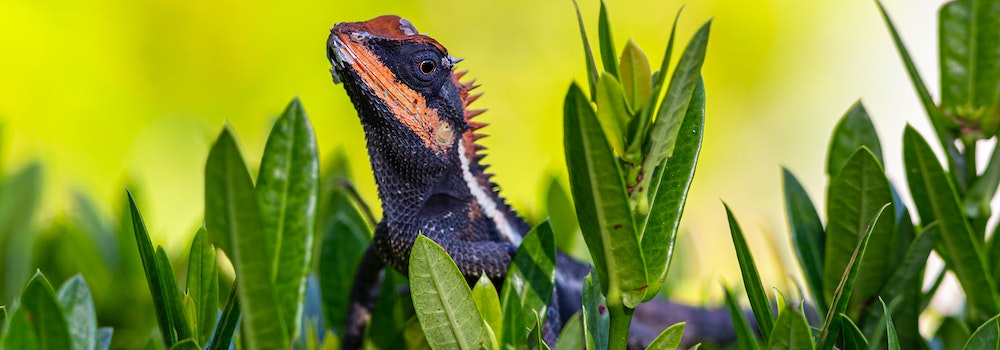Is It Common for Older Bearded Dragons to Stop Eating?
7th Sep 2022

What to Do If Your Bearded Dragon Won’t Eat
We all worry about our pets—and that’s a good thing. If we notice changes in our bearded dragon’s appetite or eating patterns, we are right to be concerned. But this is where it gets tricky: Sometimes less food consumption is normal, and other times it should be cause for greater concern. Of course, we always recommend consulting a veterinarian if you have immediate worries about your bearded dragon’s health and well-being. There are other steps you can take to determine why your bearded dragon won’t eat or is eating less than usual.
How old is your bearded dragon?
The feeding habits of a baby or juvenile dragon can be much different from an older beardy. In fact, your adult bearded dragon (which is technically any dragon older than 18 months) may eat nearly half of what they did when they were younger. This is to be expected. Aim to feed your adult bearded dragon once every day.
As long as your dragon is eating—even if they are eating less—it is likely a decrease that is a normal part of the aging process.
If you feel there is something more going on with your older bearded dragon, read on for more possible reasons why they have stopped eating.
Is your bearded dragon comfortable?
Think about this: If you are too cold or too hot in a restaurant, does it affect your experience? You may lose your appetite if you are distracted by being uncomfortable. The same is true for your bearded dragon. Double check that all of the conditions in your dragon’s enclosure are ideal: This includes the humidity levels, lighting, and temperature.
Is your bearded dragon impacted?
Impaction can occur if your dragon has a buildup in their gut or intestines. When this occurs, your dragon will likely be unable to produce a bowel movement—and they likely won’t feel like eating. Your dragon can become impacted if they eat the substrate within their enclosure or they are eating too much of the same type of protein. If you suspect impaction, it is best to seek medical treatment for your dragon.
Is your dragon in a period of brumation?
If your bearded dragon’s appetite has changed, they might be brumating. Brumation is a period of time when a dragon hibernates, usually during the colder months. If your dragon is in brumation, the best thing you can do is keep them hydrated and continue to provide fresh food on a daily basis. Worried that you might be mistaking brumation for another medical issue? See a veterinarian if your dragon has had sudden weight loss, a change in body color, or a change in beard color.
If you have questions about your bearded dragon’s eating habits, do not hesitate to reach out to the team at ABDragons. We’re happy to help—and you can count on us for the highest quality feeder insects like Dubia roaches, mealworms, hornworms, BSF larvae, and much more.



